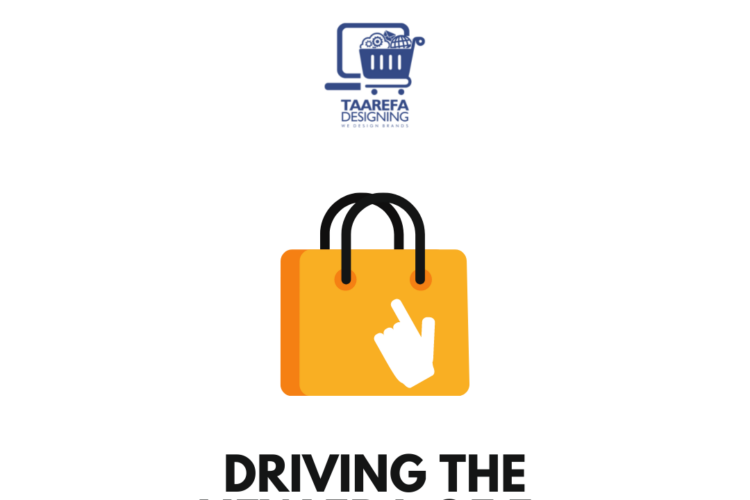
5 Ways to Improve Your Website Performance and Speed
People are basically busy organizing their content, graphics, videos, or some other SEO attributes. But they are ignoring speed optimization.
Suppose you are doing some important research and the website performance is very poor and speed is really bad. Will you visit that website again? I guess not. The importance of website speed matters in different factors. Faster loading is a vital role for any website along with crisp content. Let us discuss the benefits related to faster browsing, the importance of website optimization, speed and performance, and some other factors.
How Website Speed affect the User Experience
The speed and performance of the website is the first impression of the website and we all know “the first impression is the last impression”. Statistics and research say that slower speed and poor performance of a website can lead to a decrease in rank and 40% of users will not visit your site again. Most of the trusted websites too, suffer a loss of billions if their server becomes slow by a few seconds. People will visit your website for a good experience and they will not wait for even a second if it is lacking. Both web designing companies and web development companies are giving their best the increase the performance and speed of the website. So that users will have an interesting journey while using the website.
5 Tips to Improve Website Speed
- Internet connection – It is the most important factor. Poor internet leads to slower websites and disgraceful performance. Subscribe with a trusted and checked broadband service provider.
- File type and its size – The larger is your file size, the longer it will take to load. Though good internet speed may lead to loading your file faster, it is important to reduce the file size for the ease of the users.
- Browser – Old browsers may show some issues in loading certain assets. It thus affects the speed and performance of the website. It is wise to develop a universal code that works on every kind and type of browser.
- Optimize image size – A picture is eye-catching and makes your content more attractive. However, images slow down the website as it is not as light as text or hyperlinks. Hence, it is advisable to use as many images which are required but at the same time go for a reasonable resolution and size.
- Use Gzip compression – Gzip Compression can be used to reduce the file size. It minimizes the HTTP requests and reduces the server response time, which increases the speed of the website.
5 Ways to Improve Website Performance
- Choose Correct Web Host – There are three types of hosts: shared, dedicated, and virtual private server hosting. The most preferable web host is sharing hosting. It is essential to choose a host which is faster for better optimization.
- Reduce Plugins – Plugins are a common element for all websites which add specific features. If the number of plugins is increased, then more resources will be required. This slows down the website and security issues may creep in. Hence, it is preferable if the number of plugins is limited.
- Website Caching – If you are having many users at a particular time, this may lead to slower optimization. Caching can store the current version in the host until your website is updated.
- Reduce the Use of Web Font – In the field of web designing, web font has become very popular. The use of web font has an impact on the speed of the website. Extra HTTP requests are added to external sources through web fonts. So, it is better if you choose only the very required ones.
- Decrease Usage of Redirects – Additional HTTP requests are created through redirects that can hurt your website. It works well if the user’s action is anticipated and, for instance, loads some content or links in advance.
Benefits of increasing speed and optimizing the performance of websites
- Achieve Your Marketing Goals – Optimizing the performance of your websites will help you to achieve your marketing goals. There is a lot of evidence that shows the effect of a fast website on all these metrics, especially for the effect on revenues.
- Revenue – It is found in studies, 70% of the online shoppers have canceled the purchases due to the slower content update speed of the vendor website. This leads to huge losses. If you have good performance, then you will get more visitors which will give u gigantic revenue.
- Boosted SEO Ranks – In the page rank algorithm, page speed and its performance are also included. This corresponds to good SEO positioning.
- Experience – One of the important roles of speed and better performance website is that it will increase your user experience in a better way. Users will visit your site again and again as they are satisfied with it.
- Indexing – Having a speedy website means you can increase the number of pages for Google to crawl and index. If the indexed pages are more, the chances of getting individual page rank will become higher.
Conclusion
Websites are the virtual front workers of any business. A slower website will hamper the whole business and your brand value. It is important to customize your websites according to the need of the user for their better experience and better performance of your website. Once you have tested the speed of your website, you can start optimizing the website. So, if you start optimizing your website speed to an acceptable level, you will get a certain ranking advantage over competitors.


